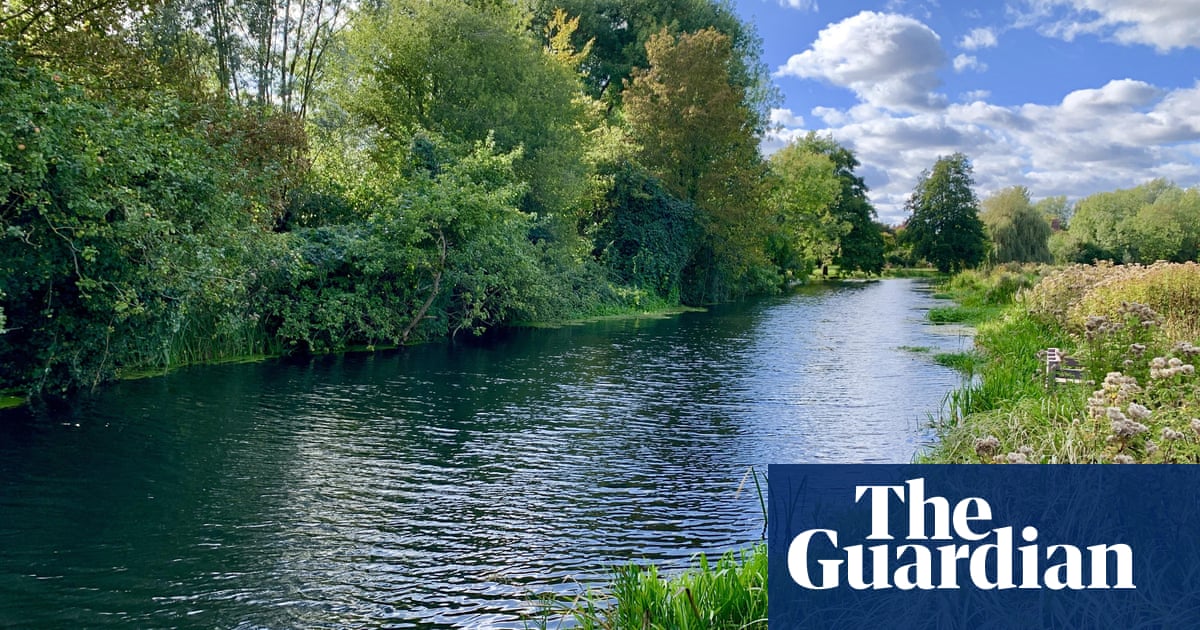No surprises there, we took brexit as a thumbs up to do whatever the fuck we want and became a true cuntry!
Tbf France was also using these up until last year as well, but it’s true that the EU ban has stopped them this year
deleted by creator
Environmental groups and farmers are waiting to hear whether a toxic neonicotinoid, thiamethoxam, will be approved by the government for English sugar beet farms for a fourth consecutive year.
I mean, all pesticides are toxic. That’s what a pesticide is – something toxic to the pest, while not being an issue for humans. You aren’t going to avoid that unless you just want to swear off pesticides entirely.
Gareth Morgan, the head of farming at the Soil Association, said: “Year after year this failure to help farmers has led to the suspension of the so-called ban on these bee-harming pesticides. With so much of British wildlife in decline, it is critical that the government stops kicking the can down the road on this issue. Organic and agro-ecological farmers are proving that food can be produced without pesticides. Government must act now to help all farmers switch to nature-friendly practices across their entire farms. We must stop simply reaching for another toxic solution.”
…which I guess that guy does, but I think that that’s probably not going to be a consesus position.
At 55% of these 29 sites one or more neonicotinoids were above the EU’s proposed environmental quality standard (EQS) – the level deemed safe for aquatic wildlife.
So this is unsafe as defined by (a) an EU standard which (b) is not actually in force even in the EU.
This is the best summary I could come up with:
Bee-killing pesticides have been found at dangerous levels in English rivers, as the government considers allowing the use of one that is banned in the EU.
Environmental groups and farmers are waiting to hear whether a toxic neonicotinoid, thiamethoxam, will be approved by the government for English sugar beet farms for a fourth consecutive year.
At 55% of these 29 sites one or more neonicotinoids were above the EU’s proposed environmental quality standard (EQS) – the level deemed safe for aquatic wildlife.
Barnaby Coupe, the land use policy manager at the Wildlife Trusts, said: “This research reveals that our rivers and waterways are plagued by a cocktail of neonicotinoid pesticides, despite these chemicals being banned since 2018.
It has ignored the science and the advice of its own experts in granting repeat authorisations to apply toxic neonicotinoids to our countryside, and the result is much diminished wildlife.”
A spokesperson for the Department for Environment, Food and Rural Affairs said: “Our comprehensive plan for water is tackling every source of pollution through more investment, stronger regulation and tougher enforcement, while ensuring the use of pesticides does not harm people or pose unacceptable risks to our rivers.
The original article contains 600 words, the summary contains 195 words. Saved 68%. I’m a bot and I’m open source!





